Menu
Menu
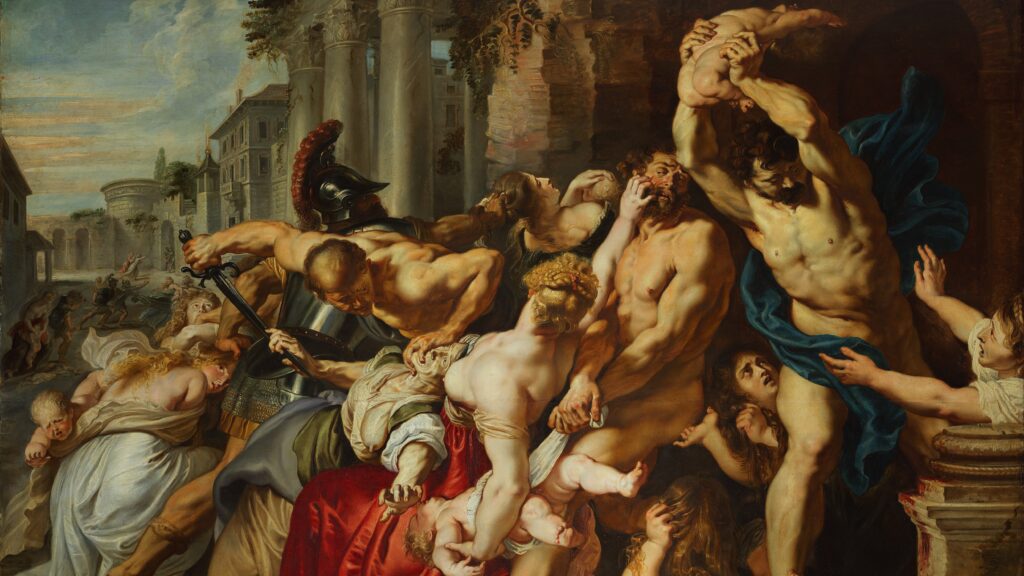
‘The memory of the martyrs of Christmas invites us to recognize that the season is not only about joy and blessings but also about sacrifice and steadfastness. These saints and unnamed heroes, who gave their lives for Christ, teach us that true love is never easy. Yet, through sacrifice, we partake in the light that Christ’s birth brought into the world.’

‘As Christmas approaches, even the most steadfast conservative is faced with a profound seasonal dilemma: should one opt for an artificial tree or remain loyal to the natural variety? The question is more than a practical matter—it is imbued with philosophical, aesthetic, and cultural significance.’

‘The total EU debt-to-GDP ratio is nearing a staggering 90 per cent. EU citizens are being forced into collective debt against their will, with Hungarians then even denied access to funds. That is a ludicrous scenario. It’s like a bank forcing a person to take out a mortgage loan, then refusing to actually disburse the loan, but sending debt collectors to recover the repayments. This is where we stand in Europe today.’
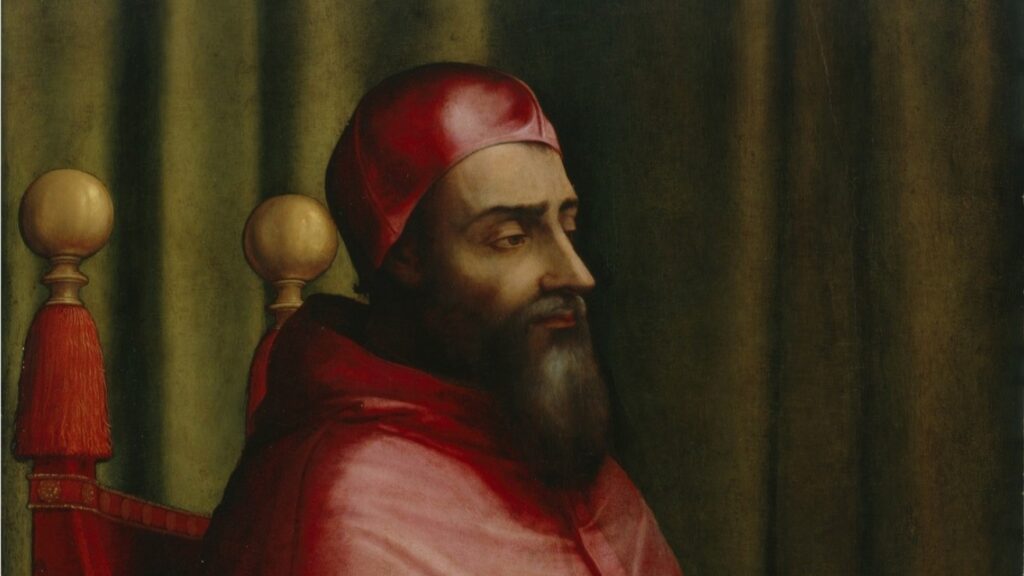
‘For Hungary, Clement’s tenure offered little tangible support during one of its darkest eras, while his broader legacy includes the catastrophic Sack of Rome, the expansion of Protestantism, and the Anglican schism. Today, he is remembered not as a leader who rose to the challenges of his time, but as a figure whose reign epitomized the turbulence and contradictions of the Renaissance papacy.’
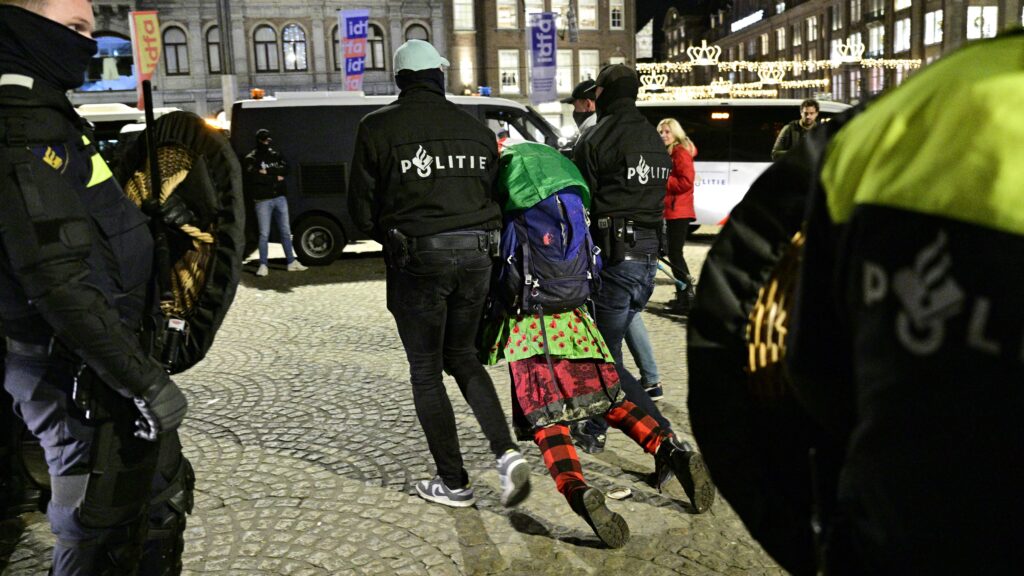
‘Persecution based on one’s ethnicity is unacceptable in any form, whether directed at Jews or anyone else. However, when this persecution is carried out by foreign groups arriving illegally, exploiting state resources, and disregarding our laws and culture, every fellow European should be outraged.’

In recent years the real estate market in Budapest has seen dramatic price increases. The price of newly built flats rose by 13.9 per cent within a year, reaching an average of 3,260 euros per square metre in 2023. Rental prices have also continuously risen: the average monthly rent per square metre increased to 11.3 euros, further exacerbating young people’s housing difficulties. Purchasing an average new build property in Budapest requires 10.4 years of gross average earnings, placing the city in the middle range in European comparison.

‘Hungarian law explicitly forbids public spaces from bearing the names of individuals who played a part in establishing, consolidating, or perpetuating the totalitarian political regimes of the 20th century. Those who respect Horn’s accomplishments in his later years as prime minister or his contributions to the political left are entitled to their views, yet such respect cannot override the concerns regarding his actions during the Communist dictatorship. Especially not in Budapest—in the city of the Pest Lads.’

‘Orbán is disinclined to vote on cementing anti-Russia sanctions for three years or sending more billions of dollars to Kyiv until after the US election. The race for the White House is incredibly tight, and the candidates stand starkly opposed on this critical issue. Forcing through the will of one side just days before an election and locking them down for three-quarters of their rival’s term would violate every democratic norm, principle, and value.’
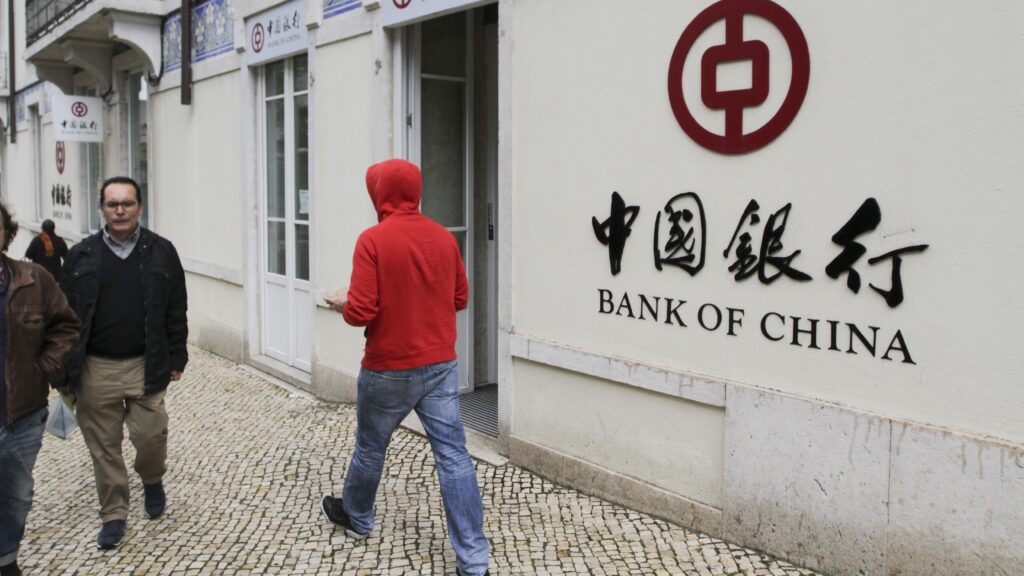
‘In 2007, the combined economy of the six European nations in our example was more than ten times larger than that of the six Asian countries. Over the past 17 years, these Asian countries have grown by over 300 per cent—tripling in size—while Europe’s leading economies expanded by just 19 per cent. This means that the more than tenfold difference in 2007 has shrunk to just over four times (4.17).’

Kenya’s approach to religious diversity is equally remarkable. It is a deeply Christian country, yet the coastal region, like much of East Africa, is mixed, even Muslim-majority in some areas. Despite this, there is an almost unique religious harmony. Mosques and churches coexist peacefully, and schoolgirls, whether in hijab or not, walk to school together as friends.

‘Voters have been grossly ignored. The people of Budapest voted for change: in fact, most Budapesters rejected the Karácsony-led alliance. But now it seems that the backroom deals, and the distribution of positions, power, and money to incompetent cronies will continue to define Budapest’s leftist politics. The party with the most votes, Fidesz, has been entirely left out of the assembly-forming negotiations.’

‘The 2024 elections will be crucial for Austria’s political future. The country faces significant challenges, from economic austerity to migration and climate protection, all of which will generate intense debates during the election campaign. While the FPÖ’s rise ought to bring radical changes, it remains uncertain whether they will secure a place in government.’
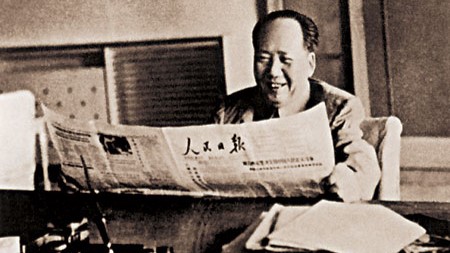
‘The influence of Mao’s Cultural Revolution can indeed be seen as haunting Western universities today. In some respects, Western universities are now experiencing what Eastern European institutions endured under communism.’

Most pollsters did a lousy job in 2020 in the United States, most often overestimating the popularity of Joe Biden. This year polls have claimed a Kamala Harris surge since Biden withdrew from the race, with many conservatives now fearing that Trump may be defeated after all by the clearly incompetent, but allegedly popular Democratic candidate. But the numbers recorded in the five battleground states that decided the last election seem to suggest otherwise.

‘The Democrats, who often accuse Trump of populism, demagoguery, and fascism, are increasingly resorting to demagogic, populist, and fascist tactics themselves by instilling fear and turning Trump into a bogeyman, repeating the tired old tropes about him incessantly (not to mention using other means such as deploying law enforcement and the judiciary for partisan purposes against their political opponent). As posted on Facebook by the GOP, on the night of 19 August alone, the word “Trump” was mentioned 147 times at the DNC meanwhile “inflation” three times, “crime” six times, and “border” only eight times.’
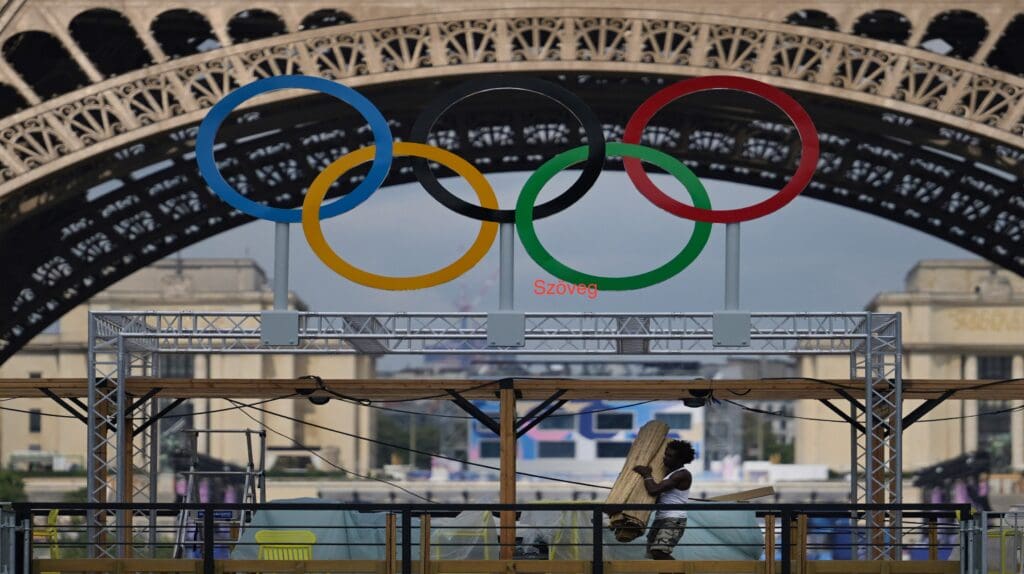
Hungary boasts an impressive Olympic history, having won 181 gold medals and a total of 511, ranking 8th in the all-time medal standings, which is a significant achievement for a nation of just 9–10 million people. According to the latest forecast from Nielsen Gracenote in June, Hungary is expected to perform exceptionally well at the Paris Olympics: the international analysis team predicts 7 gold, 6 silver, and 10 bronze medals, placing Hungary 11th in the medal table.

‘The changing demographic in German cities, where traditional characteristics are diminishing, also signifies deep socio-political shifts. Addressing these transformations is crucial, as they pose implications for democratic integrity and the rule of law, transcending partisan narratives.’
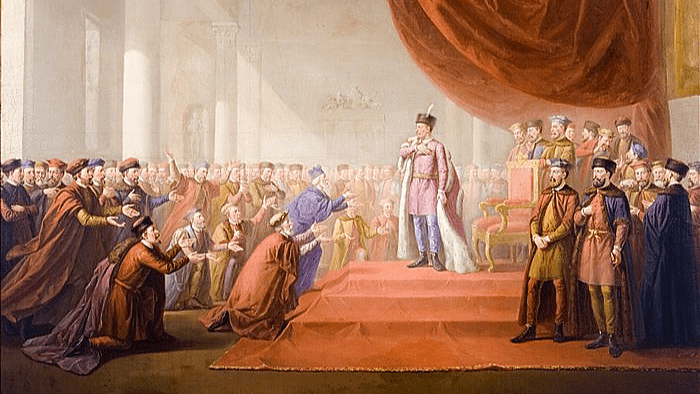
István Báthory (1533–1586) played a pivotal role in the history of Lithuania. His legacy is marked by his efforts to strengthen the Lithuanian state, promote education, and foster religious tolerance, making him a significant figure in the history of Eastern Europe.
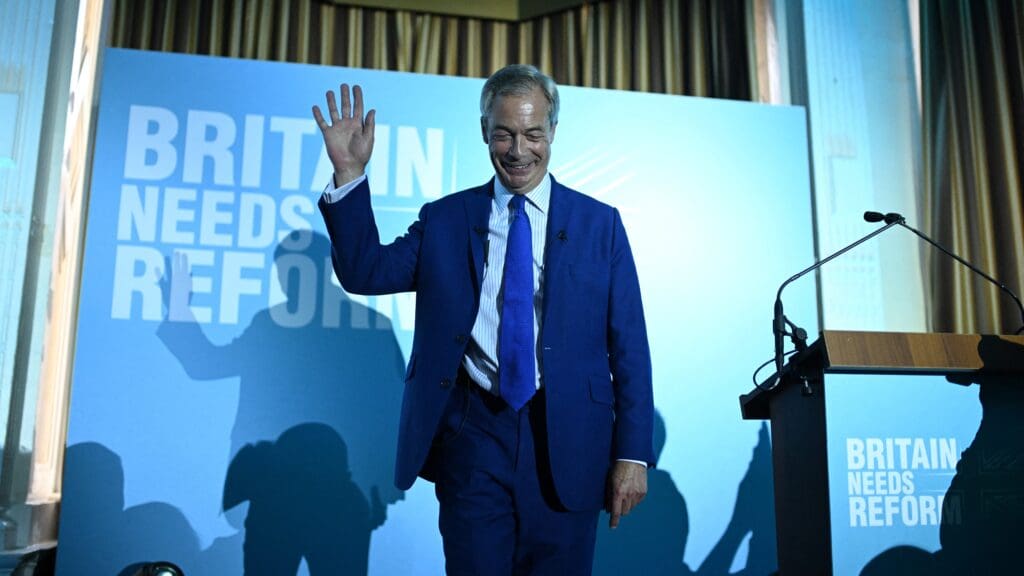
‘Nevertheless, the Tories will be swept away by popular anger on 4 July. Then, who’s left? No one else than the infamous Nigel Farage. And it is exactly the Conservative Party’s obfuscation and identity crisis that Brexit leader Nigel Farage has used to launch the Reform UK party.’

‘These frustrated, single thirtysomethings, who were hit hard financially in the last two years, are angrier than ever about the government’s distribution of money to families. Of course, catering to childless single adults in a rapidly developing country where population decline is the biggest challenge is not smart as a matter of national strategy. But it could cost an election victory. Therefore, in my opinion, a strategic political decision may be required: to sacrifice some of the resources and channel funding to single adults as well, to allow conservative forces to remain in power, which would still be far more supportive of families and the nation than liberal forces.’

In this analysis the number of right-wing MEPs who won seats in the 2019 European parliamentary elections are compared to how many seats right-wing parties are predicted to win this year. The countries covered are Poland, the Czech Republic, Slovakia, Austria, Slovenia, Croatia, Hungary, Romania, and Bulgaria.

‘Trump’s presidency promises one certain development: a 180-degree turn; peace instead of war. President Trump’s attitude towards Europe is well known: he is tough on our continent and he does not want to pay for the defence of Europeans at the expense of the US taxpayer. Which brings us to why European leaders would want to send troops to Ukraine when all common sense says it is suicidal and senseless.’
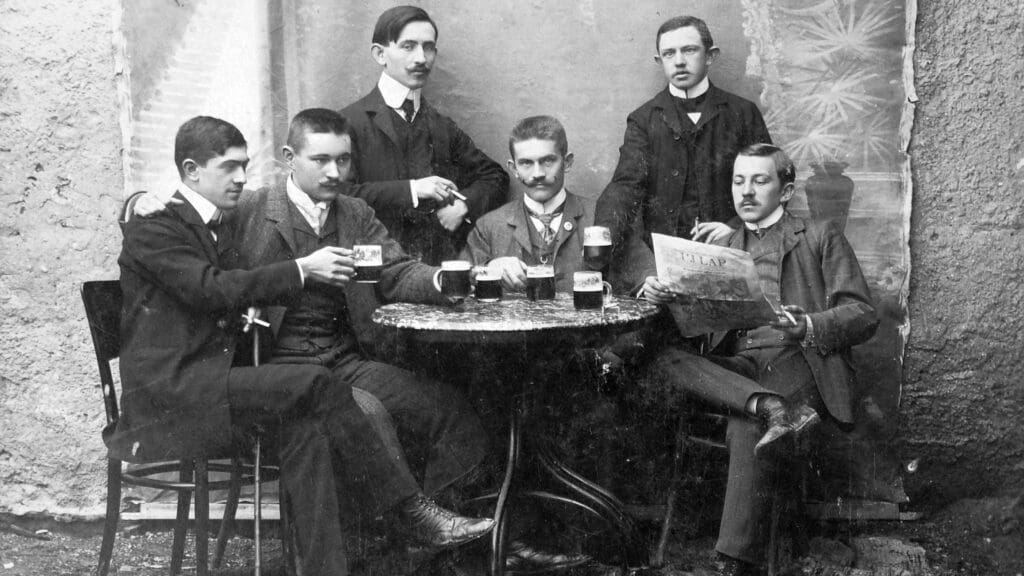
Now that it is almost summertime when a cool beer can come in handy, we invite our readers to a brief journey through time to discover some fun facts about the past and present of beer brewing in Hungary.
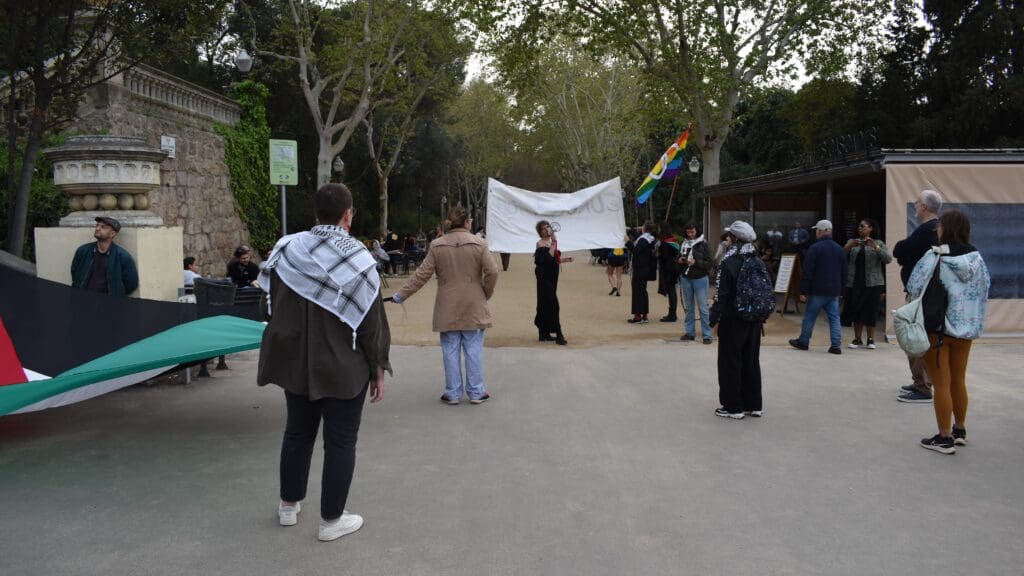
‘Clearly, music in itself wasn’t “diverse” enough. The music, songs and dances of nearly fifty countries and even more ethnic groups, languages and cultures were not sufficiently diverse. No! Give us drag queens! Make it colourful, smelly, and sexualized, with a hint of antisemitism, and children will love it! Let’s brainwash them and shout to the world: this is Europe!’

‘Hungary insists on following its own path: it stands up for its sovereignty, it defends families, its borders, and its economy. At the same time, it is open to the world, and wants to engage with all players around the globe, which includes skilfully attracting investments from the East, including Asia. But it does not want to lecture other countries; it does not want to be on bad terms with other countries, and it does not want to get into ideological debates. It wants growth, it wants security, and it wants peace.’

Is 1 May is a communist holiday, a Catholic feast, a folk tradition, or a universal celebration of labour? Whichever way we look at it, what is certain is that all those who work deserve respect and a break from work on a beautiful spring day.
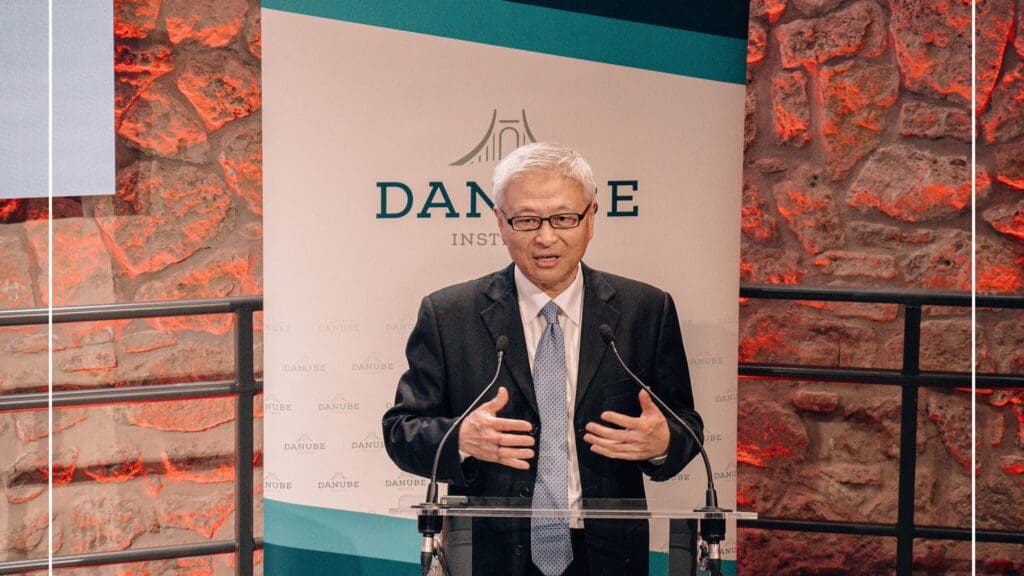
The Chinese scholar observed that whereas technological advancement—from the telegraph and 5G or from the industrial revolution to the digital age—progresses linearly, global politics exhibits ‘retrogressive’ dynamics or regression. The First World War was a regression in comparison to the calm times of before it began; the interwar years were a period of growth, while the Second World War was also a regression. In his view, the current era also represents a step backwards.

‘First, cannabis was licensed for medical use, then legalization became more widespread. It is the typical slippery slope. In fact, there are doors that, once opened, cannot be closed. Society-shaping (disruptive) philanthropists like George Soros, who have been at the forefront of making drug use easier for decades, know this all too well.’

‘The liberal aspirations of the 21st century include the destruction of human autonomy and freedom, and making people as dependent as possible on the state and other circles of power and wealth. One of the best ways to counter such aspirations is for everyone to live in their own property, which, incidentally, is constantly increasing in value.’

‘Karácsony’s meagre talents were known to anyone who paid any attention to politics in the past decades, so all of his failures should not have come as a surprise. But why did people vote for him in the first place? What’s his secret? Well, probably his deceiving manner and childish good looks. Although he is obviously a fraud, he is always smiling, always saying nice things. His rhetoric and appearance clearly appeal to the modern liberal voter in the big city: he likes to make emotional speeches about democracy, the Republic, and human rights.’

Hungarian Conservative is a quarterly magazine on contemporary political, philosophical and cultural issues from a conservative perspective.